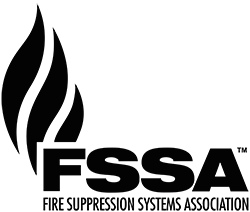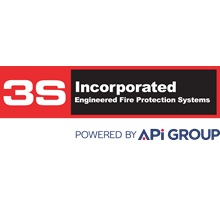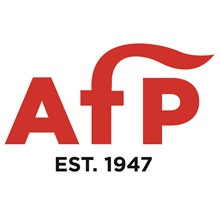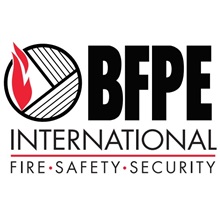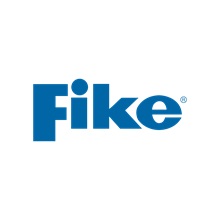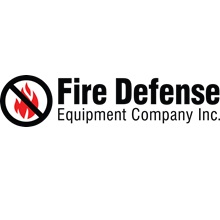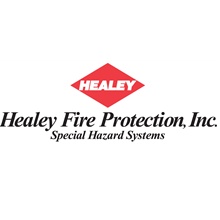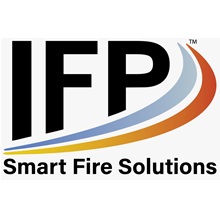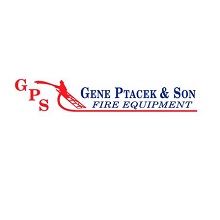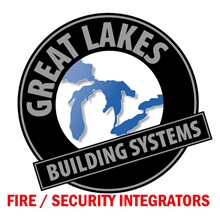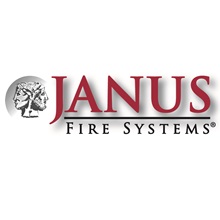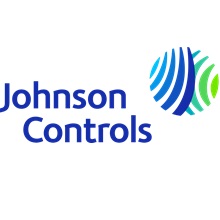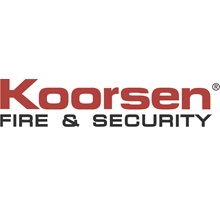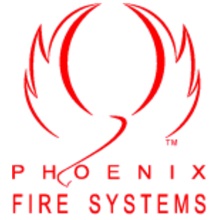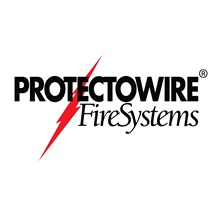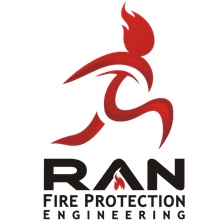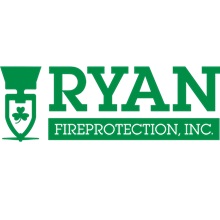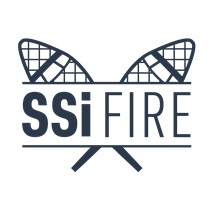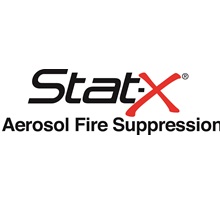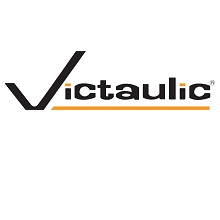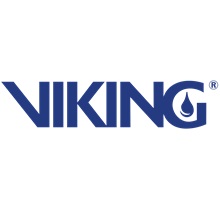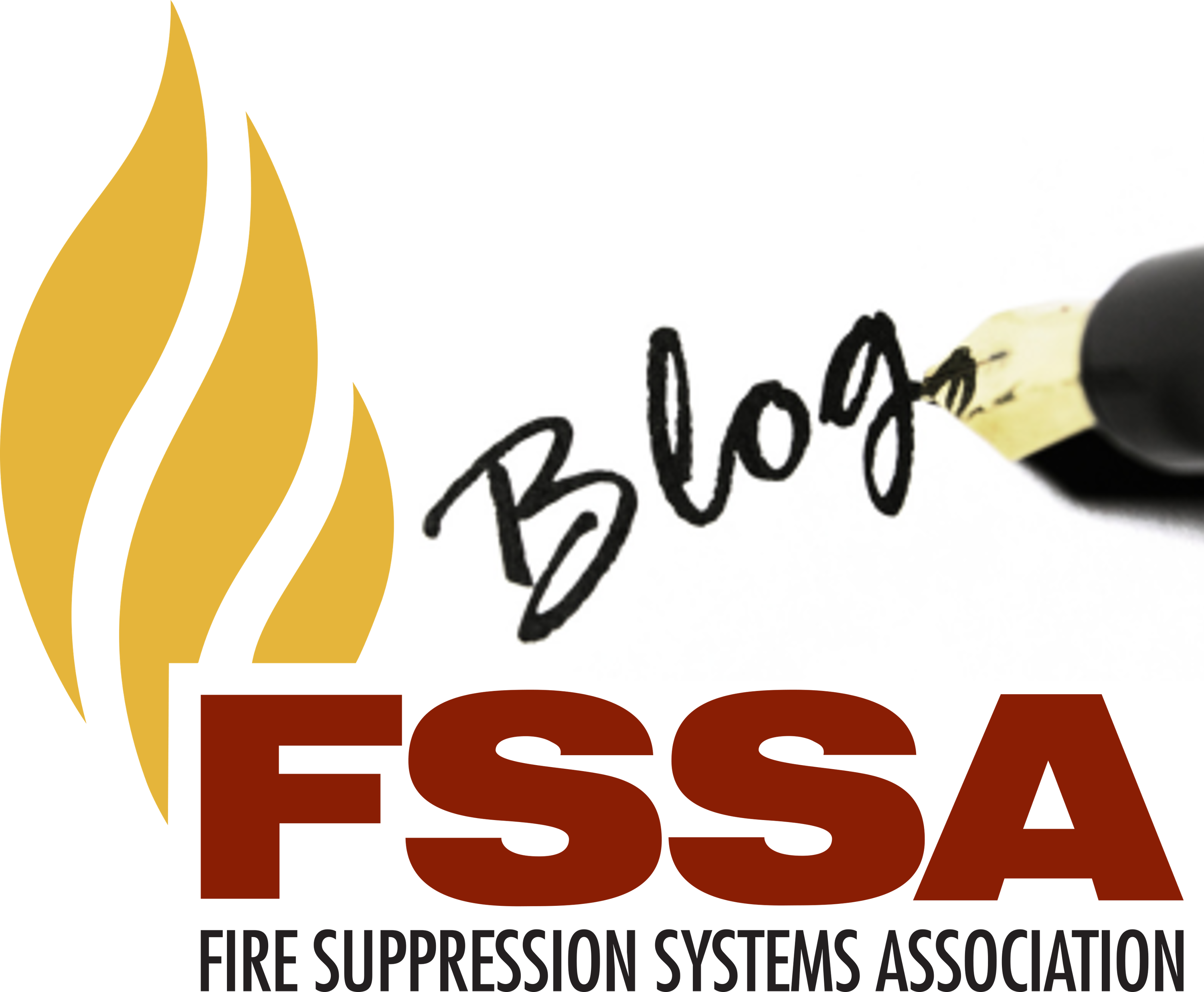NFPA 855 Series: How Do Fire Codes Impact Lithium Ion Battery Safety?
How do we try to make these as safe as possible? It starts for us with the codes and standards. You have the International Code Council, which is the ICC, that creates the International Fire Code, the International Building Code. We have the National Fire Protection Association, the NFPA. We also have to have standards testing. UL has UL 9540, which is the listing for Battery Energy Storage Systems (BESS). You look at all the codes and the codes will require UL 9540 listing for all batteries. And the test is the 9540 A test. So these have all been updated and worked on after McMicken, after Victoria in Australia, after Moss landing, after all of the fires. We're doing a much better job about getting everyone together in a room and creating better codes.
And that's the key to making these things safer, better codes. But working as a group, because nobody wants me, alone, to make up code. At that Scottsdale electrical vehicle fire, we had talks amongst the valley fire marshals that we were gonna require every tow yard in the valley to have a spot set aside, 50 foot clear space, so that if we had an electrical vehicle on fire that we could put it there and safely put it on their lots. I ran into the owner of a tow company that was helping us get rid of the vehicle and I talked to him about that and I said, Hey, you know, this is what we're thinking. He goes, if you require me to provide a 50 foot clear space, that's probably 10, maybe 15 cars. He goes, you'll put all of us out of business. Because once again, I didn't do what I was supposed to do. I didn't reach out to the industry like I should have. So this is why we need to come together. We need help coming together as partners to make sure the codes are correct.
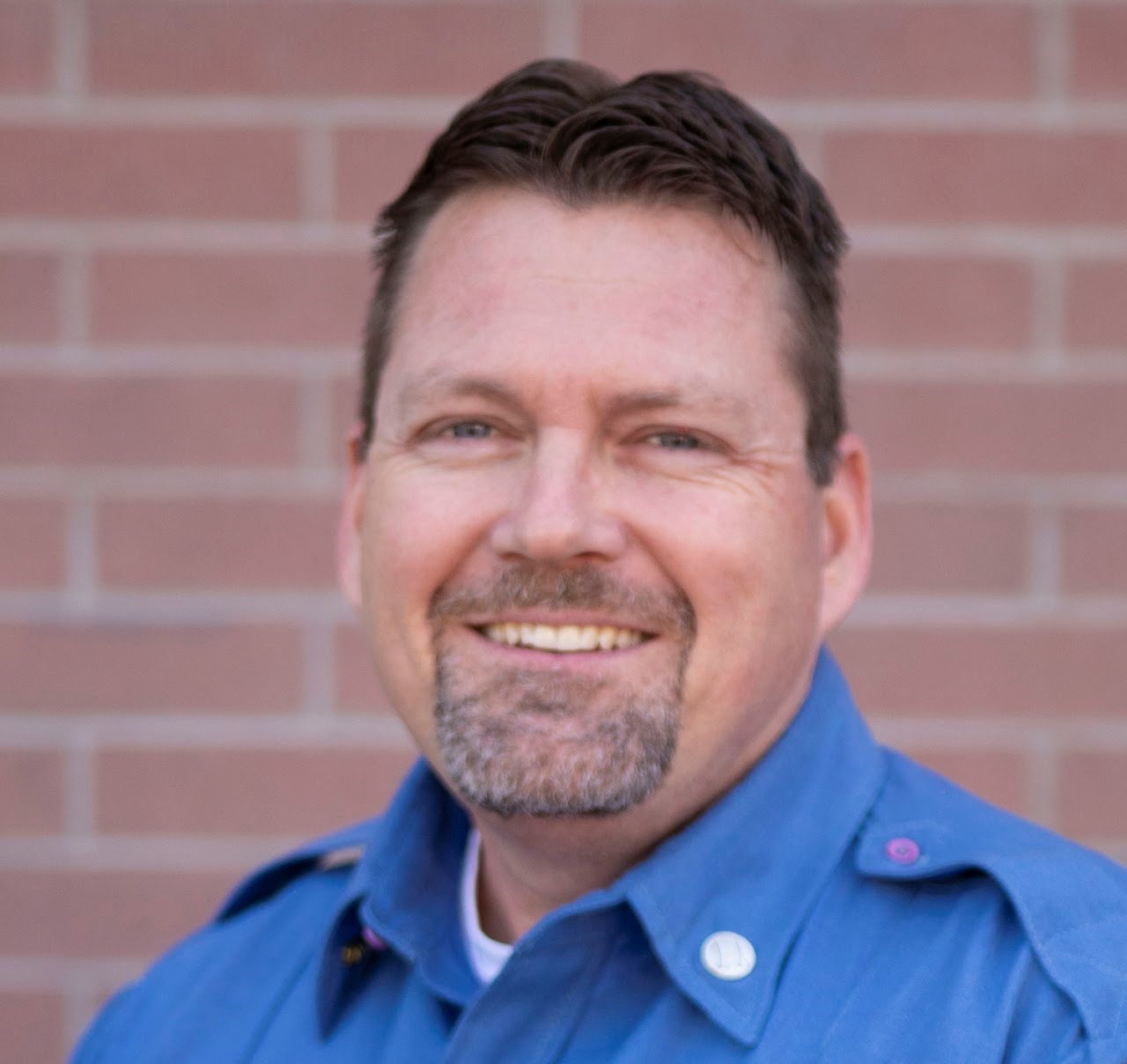 FSSA Series Presented by: Brain Scholl, Deputy Fire Marshall of the Phoenix Fire Department
FSSA Series Presented by: Brain Scholl, Deputy Fire Marshall of the Phoenix Fire Department
As a Deputy Fire Marshal that has seen the impact of ESS fires and incidents as well as a member of the NFPA 855 committee, Brian will share his perspective on how the code was developed, highlight lessons learned from serious ESS incidents, and how the code should be interpreted and applied. Brian Scholl is a Deputy Fire Marshal with the City of Phoenix Fire Department. Throughout his 22-year career, Deputy Fire Marshal Scholl has worked in many roles to include being the Public Information Officer and managing the Special Hazards Unit. This highly trained inspection unit inspects and permits any facility that stores, handles and uses hazardous materials including lithium ion batteries. Brian also serves on many different code technical committees to include NFPA 855, the standard for the Installation of Stationary Energy Systems and NFPA 420, the Standard on Fire Protection of Cannabis Growing and Processing Facilities.
Hear more from Brian first-hand at the upcoming FSSA 2024 Annual Forum which will be held February 22-26 in Phoenix, AZ. We hope to see you at the Forum!
Looking for more education on this topic? Videos are continuing to be added to the FSSA NFPA 855 Standard for the Installation of Stationary Energy Storage Systems Series playlist on YouTube. Subscribe to the FSSA channel for updates. Not an FSSA member? Join today and your entire company gains access to the FSSA Annual Forum, publications and communications, complimentary webinars, discounted training programs and more!
Take advantage of the FSSA new member promotion for Installers, Manufacturers, and Suppliers. This one-time introductory membership price is valid for any new member company or returning member company that has not been active in the last three (3) consecutive years.
